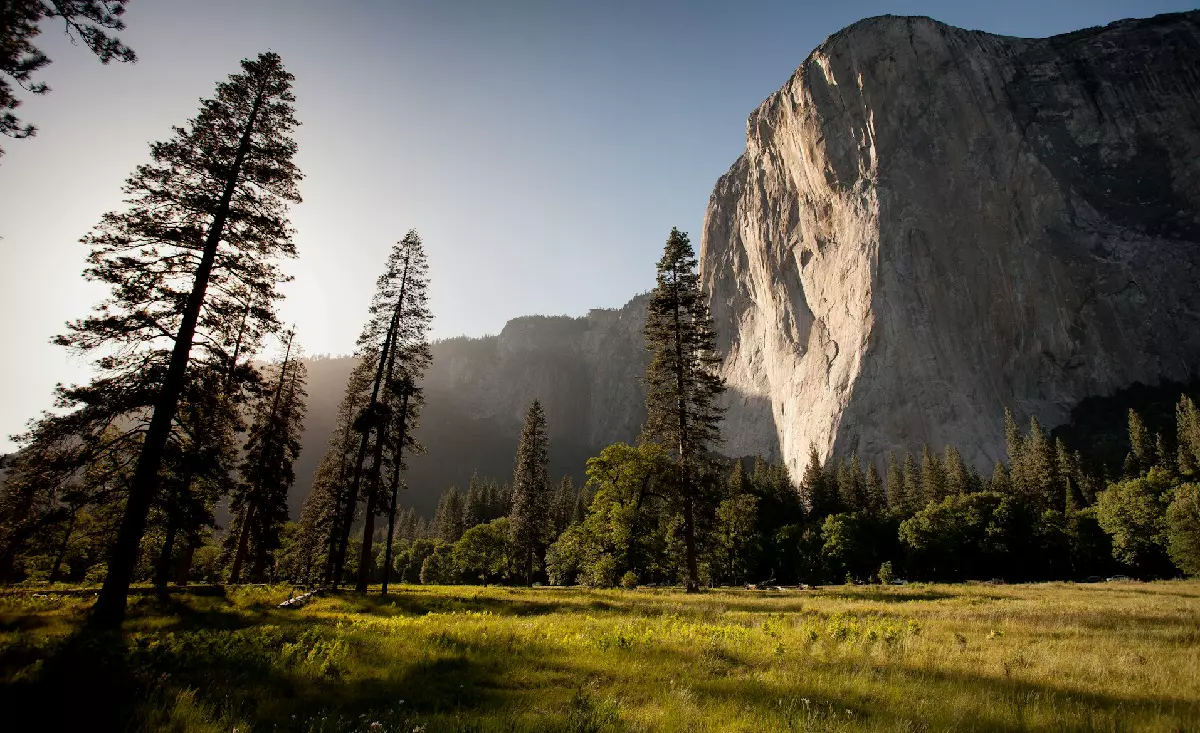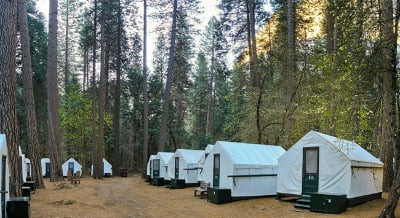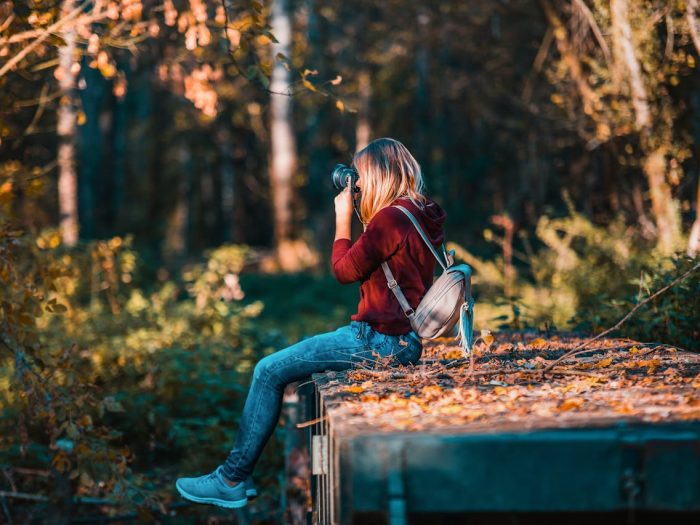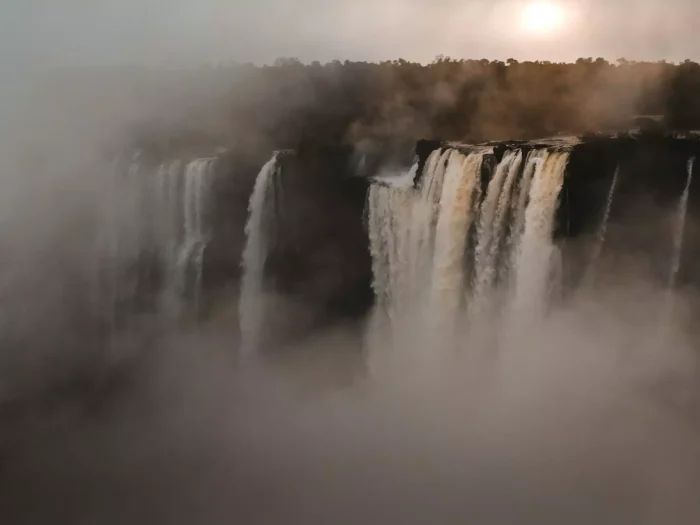How to Prepare to Explore the Great Outdoors as a Non-US Citizen
Some people like to relax when they are on holiday, while others use this as an opportunity to explore the great outdoors. America has a lot of outdoor space on offer, with 63 National Parks available to adventure in. This is an outdoor enthusiast’s dream, and it’s no surprise why many people travel from overseas to discover.
When you are planning on heading off to explore what America has to offer outside, there are a few aspects that you must consider. These aspects will ensure you are adequately prepared so your adventures are safe and memorable.

Do Your Research Before Heading Off
As with any other vacation, you should complete your research before you set out. This is even more important if you plan on spending the majority of your time exploring the great outdoors in an unfamiliar country. The great outdoors in the US might not be as dangerous as some counties, but there are risks to your health and safety that research can minimize, such as poisonous plants, harsh weather conditions, and wild animals.
If you already have a destination in mind, then it will be a simple process of finding out all you can about the area. However, if you are planning to explore several locations or are unsure where to go, then you might want to look at the best places to visit in America for adventure. For example, there are many travelers who wish to explore all of the National Parks in the US. Some locations will be simpler to prepare for, meaning less research will be required. You will want to look at the season you wish to explore in, the journey to and from your chosen location(s), and what “red tape” you might need to deal with.
Not only will the amount of research that you are able to complete impact your safety, it will also make packing and other preparations easier. When you are aware of the terrain and weather conditions you might face, you can choose the correct clothing and equipment to take along.
Plan to Protect Your Health
Some of your research will likely relate to the health risks of travel adventures. Again, this is essential to protect yourself in an unfamiliar location. One aspect you can find out online, or through your local doctor, is what vaccinations you might need before departing. Travelers heading to America are encouraged to be up-to-date on their routine jabs as well as vaccinated against Tetanus and Rabies.
While vaccines can improve your immune system, another way to protect yourself while exploring abroad is through travel medical insurance. A good policy will allow you to enjoy your travels with peace of mind by offering benefits like emergency medical care, repatriation, hospital allowance, and trip interruption. This is a critical consideration if you could face accidental injuries from hiking or participating in adventure sports, and many outdoor explorers do like to live wildly.
Additionally, if you are taking medication, you must have enough to last your entire trip and some extras in case of delays. Your doctor should be able to provide you with this, and you might want to pack basic medicines, such as painkillers and antihistamines, to avoid overspending abroad. Some medications will require identification so it is wise to bring a copy of your written prescriptions with you.
Pack Smart with the Essentials
Although medication is considered an essential, there are other items you must pack when heading off to explore the great outdoors in the US. For some, it is easier to break down their inventory into categories, such as clothing, camping, activity-specific equipment, and so on. With this, you can mark which items you already own and have packed for your trip as well as highlighting the ones you still need to purchase. This can even be shared as a Google Sheet if you are travelling with a group; someone might have an expensive item you do not, but the entire group can share it.
One item you will absolutely need to stock up on and pack safely is a first aid kit. A well-stocked kit should include bandages, disinfectant for wounds, pain medicine, plasters, etc. Unfortunately, a hospital is unlikely to be close on your adventure travels, especially if you are in a remote area, and good medical supplies could make dealing with injuries a little less stressful. It can even ease irritation when exploring National Parks and other places where insects like to bite; a bug spray is a must.
Ensure You Leave No Trace
When exploring the great outdoors, you want to leave things exactly as you found it – and you might even try to improve it if you spot another person’s trash. In many remote areas, including the National Parks, it is encouraged to leave no trace when visiting. What does this mean? Well, there are seven key principles to live by:
- Plan ahead and prepare
- Travel and camp on durable surfaces
- Dispose of waste properly
- Leave what you find
- Minimize campfire impacts
- Respect wildlife
- Be considerate of other visitors
By following these principles, you will care for the environment you are exploring. This is a valuable contribution that visitors can make to ensure the beauty and integrity of the great outdoors is preserved for others.




